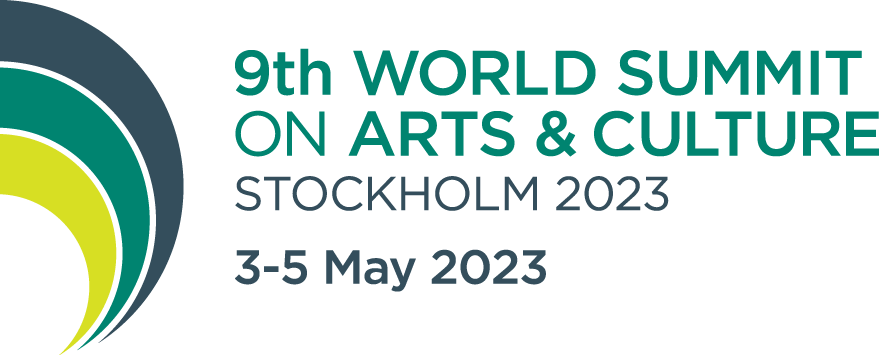About Thursday 4 May: DAY TWO
Building on Day One’s discussions, on Day Two we will focus on the opportunities that can grow from the exercise of artistic freedom. We will learn about recent success stories and challenges that have emerged. These include innovative use of technology; dynamic challenges to the status quo in response to COVID-19 as well as socio-political movements, such as the renewed quest for racial justice; and new channels for producing and distributing art. We will also provoke thinking on the leadership role of the cultural and creative (and other) sectors as enablers and gatekeepers; question the assumptions that underlay our decisions; consider how previously marginalised people have circumvented barriers to become mainstream; and identify opportunities to improve and enable more participatory models of governance for public investment and policy.
The pandemic revealed – and in many ways exacerbated – existing national and global fault lines and inequities. This pandemic has devastated many communities and severely impacted the supporting infrastructures for arts and culture. These vulnerabilities are particularly evident in the countries of the Global South where such infrastructure was already very fragile.
The way we adapt to and continue to manage the impacts of our current contexts should not obscure the increased vulnerability of artistic freedom in large swathes of the globe. How do we utilise the relevant resources available to some of us to address these situations, and to support and strengthen mechanisms where resources and dialogue are decreasing or depleted? Our reaction and adaptation to the impact of COVID-19 also provided us with clear examples of how we might do things better, faster and differently, often in ways previously deemed unthinkable. How can we work together to identify and address these fault lines and their impact on artistic freedom, cultural participation, and the status of the artist? How can we identify and maximise the lessons learned and opportunities that emerge from these turbulent times?
Subthemes
Subthemes include:
Creativity and innovation: including innovative practices and solutions from the cultural and creative sectors, as well as from relevant sectors such as science, design, education and the environment.
Social and economic conditions: including innovative participatory approaches that support safe space and refuge while encouraging international cooperation; that enable people to shape decisions on investment and matters than directly affect them as well as strengthen the working conditions of the cultural and creative sectors and the role of decision makers to support this empowerment.
Role of technology: including digitalisation, digital hierarchies, discoverability, agency, and digital solutions, as well as challenges to how we can access artistic freedoms.
Key questions
Key questions will include:
What opportunities have been – or can be – leveraged by the cultural and creative sectors in response to the pandemic and other global influences – from climate change to social and racial justice? How can we generate opportunities; and what will be the enduring effects?
What do we need to develop further to promote and protect rights to artistic freedom?
What are the challenges posed by these new opportunities?
Whose freedoms of artistic expression and participation in cultural life will these opportunities safeguard? Who will do the safeguarding and for whom?
Are these opportunities based on a common understanding of artistic freedom?
Are new ideas and practices emerging? And, if so, how can we support them?
How can we bolster the labour market experience of workers in the cultural and creative sectors and shape the future of work?
Is it meaningful to speak of margins and mainstream? Can we integrate these concepts in a respectful way and co-create new shared narratives?
How can leaders balance their roles as intermediaries between government and the sector, and embed in their work social justice, equity, and respect?
How has digitalisation changed the game? Have established structures of creation and distribution been outstripped by democratising technologies that circumvent institutional power?

